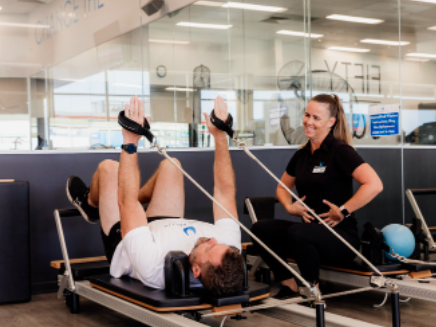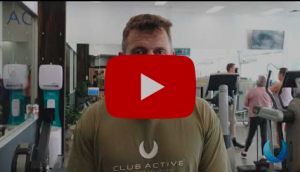Transition to civilian life is something every Defence member will go through at some stage during their career. Many ex-service personnel find it difficult to successfully integrate into the wider community. As a result, continuing to focus on your health, fitness and wellbeing can sometimes take a back seat.
There is a well-established link between a healthy lifestyle and improved mental health, physical health, and social connection. So DVA has allocated funds specifically to one-on-one or group fitness sessions with an Accredited Exercise Physiologist
Entitled DVA clients may be referred for safe and clinically effective Exercise Physiology treatment by their general practitioner on a valid D904 referral form. Upon diagnosis and referral of a specific condition, DVA will pay for the clinically necessary treatments
At Club Active we can provide healthy lifestyle advice and coaching along with practical exercise resource support. Program delivery is flexible and able to accommodate participants living in metropolitan, rural or remote areas, those working or retired, studying or with other time constraints.
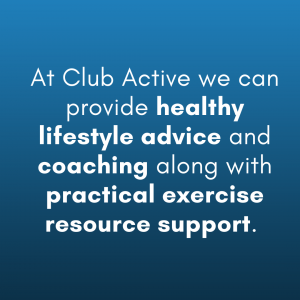
The program can provide an exercise resource to help participants to exercise the way they like to or provide an opportunity to try something new.
Why is social interaction so important for mental health in veterans?
Shared time and experiences with family, friends and the community we live in – are now well accepted as a vital element of emotional, mental and physical wellbeing for all. For many mental health practitioners, it is a valuable tool in helping their clients. But why is it so beneficial? And with regard to veterans in particular, what can the scientific evidence tell us?
A number of studies that have specifically evaluated the value of social connectedness for the veteran community confirm the powerful protection that social connection can offer against negative mental health outcomes, including posttraumatic stress disorder (PTSD).
This is important in light of the fact that loneliness and social isolation are identified as prevalent issues within veteran communities worldwide.
Evidence suggests that feelings of loneliness and isolation may be caused by losing touch with former colleagues and struggling to relate to civilians and adjust to civilian life. Service members who transition out of the military often face substantial challenges during their transition. Leaving military service requires establishing a new community as well as a sense of connectedness to that community. If a member is suffering from a mental health disorder, such as PTSD, building community connections can be more challenging still.
By helping veterans to develop new social connections and a sense of community belonging, services and practitioners can harness the benefits of social connectedness in boosting wellbeing and protecting against the development of mental health problems, including PTSD.
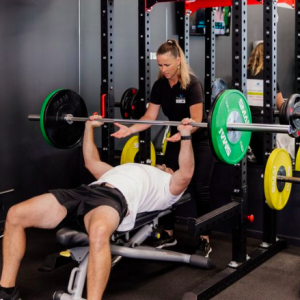
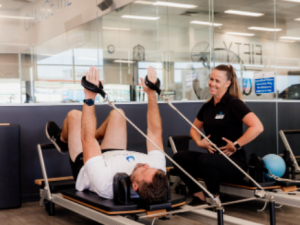
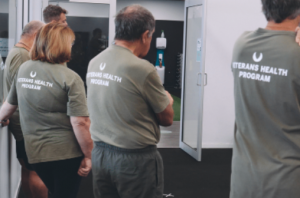
Engaging in meaningful and shared activities that align with the veteran’s values and interests, such as outdoor pursuits and sports, has also been shown to foster wellbeing.
‘Comradery’ by definition is ‘the spirit of friendship & community in a group’; a perfect description of our DVA (Department of Veteran Affairs) group of members who exercise together on a weekly basis, led by one of our Exercise Physiologists.
Get in touch with your local Club to learn more about our Veterans Health program. Call ![]() 1300 258 250 or enquire online: https://clubactive.com.au/contact-us/
1300 258 250 or enquire online: https://clubactive.com.au/contact-us/

